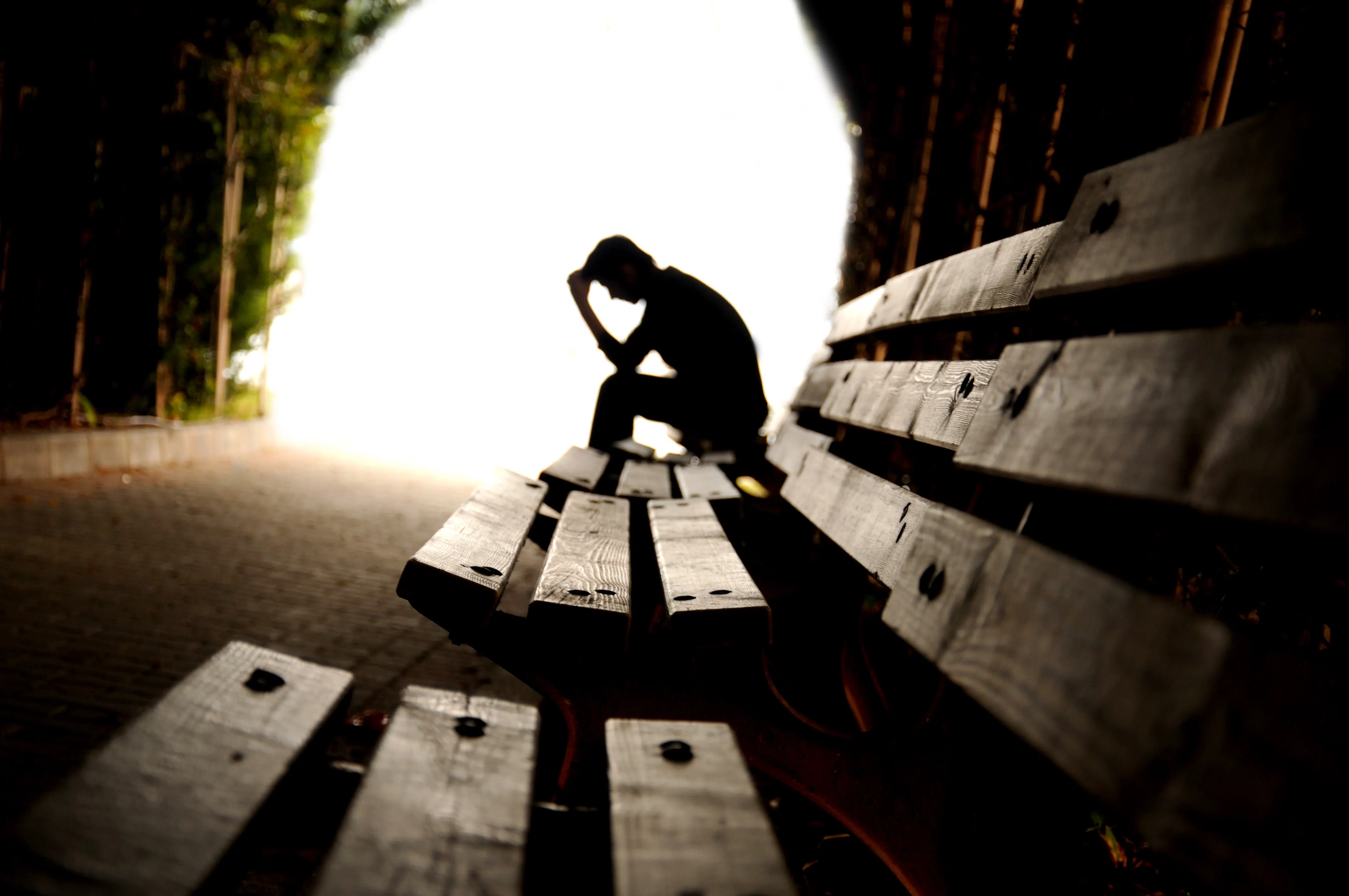The teen years come full of physical and emotional changes. Teens are known for their wild mood swings and roller-coaster emotions. It can be difficult to know what normal teenage angst and hormones are compared to a more serious issue like depression or anxiety.
It’s important to recognize when your teen’s moodiness seems to be a larger problem than normal hormones and growing pains.
Adolescent mental health comes with some startling statistics!
- According to the National Institute of Mental Health, half of all mental illness begins before the age of 14.
- 1 in 5 adolescents has a serious mental health disorder.
- 50.6% of youth between the ages of 6-17 with a mental illness received treatment in 2016
- The average delay between the time a mental illness starts and treatment begins is 11 years!
SIGNS OF DEPRESSION IN ADOLESCENTS
Depression is a mood disorder that affects the way a person thinks, feels, and behaves.
Bad moods and acting out, to some degree, can be expected; however, if your teen is rebellious and participating in risky behaviors it could be a sign they are depressed. Parents should become aware of changes in emotions and behavior.
Here are some common warning signs of depression in adolescents:
CHANGES IN EMOTIONS
Apathy
Adolescents who are overly apathetic have lost interest in a variety of activities that they used to enjoy. They tend to show little enthusiasm, concern, emotion at all. This is especially concerning when it is a change in your teen’s normal behavior and they show other warning signs of depression along with an increase in apathy.
Excessive irritability and/or anger outbursts
Anger is often mistaken for other issues but it is a common sign of depression for adolescents. In fact, teens who become excessively agitated and angry are anxious and/or depressed.
Overwhelming feelings of sadness, hopelessness, and/or anxiety
A noticeable change in these emotions is a cause for concern.
Feelings of guilt and shame
Depressed teens may feel overly guilty, shamefully, worthless, or hopeless.
CHANGES IN BEHAVIOR
School Problems. This could look like skipping school, discipline problems, and a sudden drop in grades, and loss of interest in school.
Changes in Sleeping. Either excessive sleeping or not sleeping at all.
Changes in Eating. Either overeating or loss of appetite. This may cause them to rapidly gain or lose weight.
Technology. Teens who are depressed might escape or “numb out” on their phones or video games.
Risky, Unsafe Behavior, such as drug and alcohol use, promiscuous unsafe sexual activity, fighting, and/or illegal activity. Depressed teens are often rebellious at home and may even run away.
RISKS OF NOT TREATING DEPRESSION
When adolescents don’t receive any intervention for depression, it can have a devastating impact on their lives throughout their teen years and into adulthood. Untreated depression and anxiety is often a major risk factor for substance abuse.
Untreated mental health disorders also increase a person’s risk of suicide.
According to the CDC, suicide is the 2nd leading cause of death for children ages 14-24.
EARLY INTERVENTION
If you are concerned about your teenager or young adult and think they may be struggling with depression, anxiety, or another mental health disorder, it’s important to seek help as early as possible. For young people who already have mental health disorders, early intervention and treatment can help lessen the impact on their lives.
Adolescence – the teen and early adult years – is a critical time to treat symptoms of mental illness because of the amount of growth and development in the brain and strengthening of neuropathways that occurs during this time.
Programs that are most effective for this age group in preventing and treating ongoing symptoms of depression and suicidality design treatment around a complete psychosocial assessment of the individual and the family system.
Find a skilled therapist with an individualized approach to treatment. Effective treatment involves a combination of individual and group therapy models, as well as family work with the therapist, regular exercise, and learning skills for building resilience.
If you have a teen who is struggling with depression, working with a therapist can provide powerful transformation and healing.
Our therapists are highly skilled in working with children, adolescents, and families. We offer a diverse array of services to meet the needs of you and your family!
Let’s connect! Call us today to schedule an appointment.
940-222-8552 or email [email protected]

